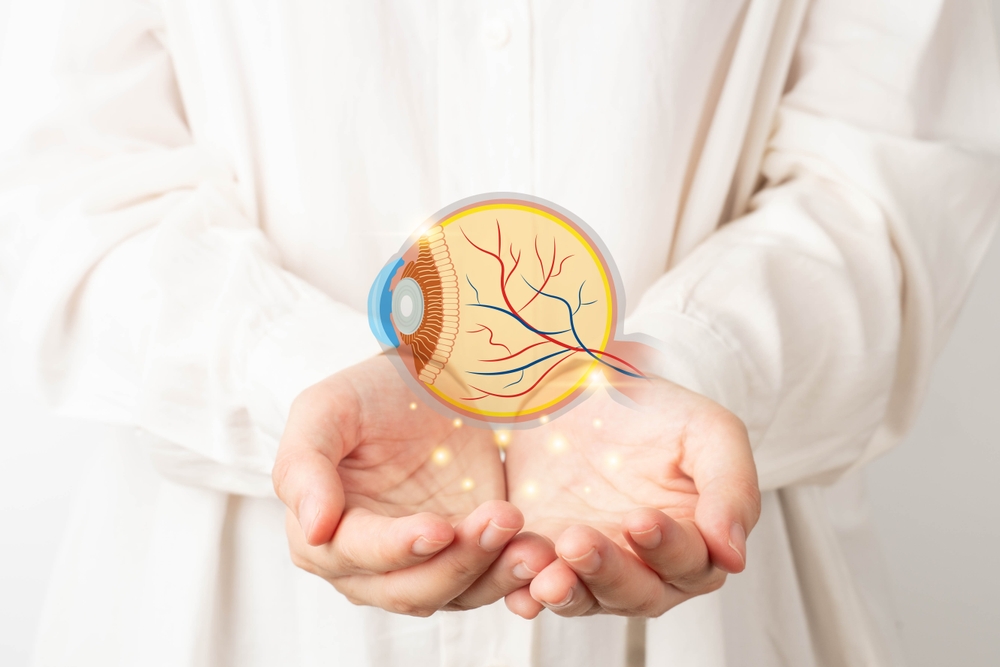
Your vision is one of your most valuable assets, yet it’s easy to take for granted. Many eye conditions develop gradually and without noticeable symptoms, making regular eye exams essential for early detection and prevention. Whether you have perfect vision or wear corrective lenses, routine eye exams play a crucial role in maintaining long-term eye health.
The Importance of Regular Eye Exams
Routine eye exams go beyond just checking your vision—they allow optometrists to assess the overall health of your eyes and detect potential problems early. Many eye diseases can progress silently without symptoms until significant damage has already occurred. By scheduling regular eye exams, you give yourself the best chance of preserving your eyesight and preventing vision loss.
Detecting Eye Conditions Early
Many serious eye diseases can develop without noticeable symptoms in the early stages. An optometrist can detect warning signs of conditions such as:
• Glaucoma: A condition that gradually damages the optic nerve, often without symptoms in the early stages.
• Macular Degeneration: A progressive disease affecting central vision, making tasks like reading and driving difficult.
• Diabetic Retinopathy: A complication of diabetes that can lead to vision loss if left untreated.
• Cataracts: A clouding of the eye’s natural lens, which can impair vision over time.
By catching these conditions early, treatment options are more effective, and you can take steps to slow or prevent further damage.
Updating Prescriptions for Glasses or Contact Lenses
If you wear glasses or contact lenses, your prescription can change over time. Regular eye exams ensure that you have the most accurate prescription, helping to reduce eye strain, headaches, and discomfort caused by outdated corrective lenses.
Uncovering Other Health Issues
Did you know that an eye exam can reveal more than just eye-related conditions? Your eyes can provide clues about your overall health. Conditions like high blood pressure, diabetes, and even certain neurological disorders can be detected during an eye exam. By identifying these issues early, your optometrist can recommend further evaluation by a healthcare professional.
How Often Should You Have an Eye Exam?
The frequency of eye exams depends on several factors, including age, vision needs, and overall health. In general:
• Children and Teens: Annual exams help detect vision problems that may impact learning and development.
• Adults (18–40): Every year, unless advised otherwise by an optometrist.
• Adults (40+): Annual exams are recommended to monitor age-related eye conditions.
• Individuals with Existing Eye Conditions or Health Concerns: Annual or more frequent exams may be necessary to monitor eye health closely.
Schedule Your Eye Exam Today
Your eyesight plays a vital role in your daily life, and regular eye exams are key to maintaining clear, healthy vision. By scheduling routine checkups, you can detect and manage potential eye conditions early, update your prescription as needed, and even uncover underlying health concerns.
Schedule your comprehensive eye exam with Northside Vision, and take the first step toward maintaining clear, healthy eyesight. Visit our office in Spokane, Washington, or call (509) 519–4400 to book an appointment today.








